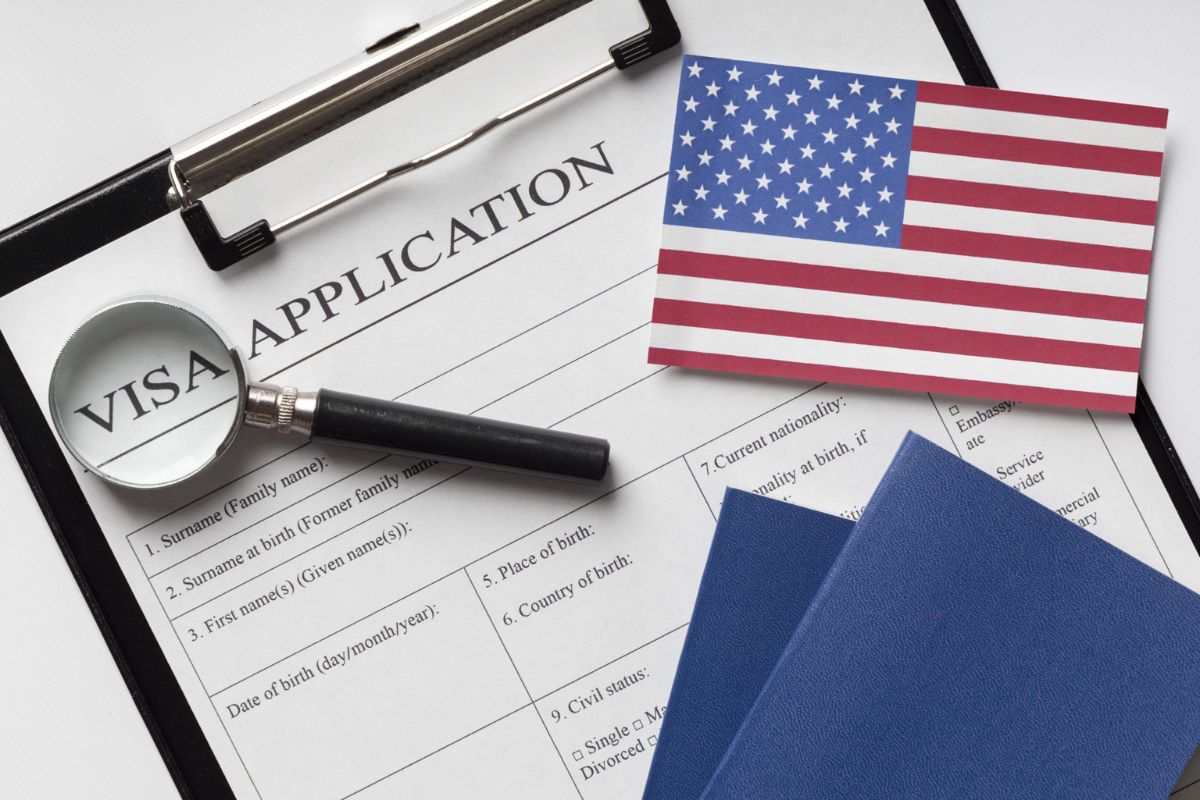Foreign nationals hoping to live in the United States now face tougher medical checks when applying for visas. A new directive from the Trump administration instructs U.S. embassies and consulates to consider an applicant’s health more seriously before granting a visa.
According to some media reports, visa officers must now decide whether chronic medical conditions such as diabetes, obesity, or heart disease could make an applicant more likely to rely on public health services. Those seen as potential “public charges” might have their visa denied.
Health to Play a Bigger Role in Visa Approvals
It is worth noting here that health screenings have always been part of US visa applications, but this new guidance allows officers to dig deeper.
Visa officers are told to look at both the applicant’s health and their ability to pay for medical treatment. This includes asking if the person can afford long-term care without depending on public aid.
The order also outlines a few health conditions that may influence the decision on a visa application. This includes:
- Cardiovascular diseases
- Respiratory diseases.
- Cancer
- Diabetes
- Mental Health Issues
Obesity is also mentioned as a potential concern because it might lead to other health issues, such as high blood pressure or asthma.
Not only that, but visa officers are asked to evaluate dependents, such as children or elderly parents, to see whether their healthcare needs could affect the applicant’s income or work stability.
Stricter Rules for Students and Workers
The administration has also proposed changes for temporary visa holders. Foreign students, exchange visitors, and media representatives may no longer enjoy the flexible “duration of status” system.
Instead, they’d be allowed to stay in the U.S. only for the length of their study program, up to four years, unless they get an extension through U.S. Citizenship and Immigration Services (USCIS).
Skilled workers are also affected. A recent change now requires some new H‑1B visa applicants to pay an additional one-time fee of around $100,000 on top of regular application costs.
Travel Bans Still in Place
Travel restrictions continue to be a key part of the administration’s immigration strategy. Several countries remain on the list of nations facing full or partial visa bans for security reasons. The policy affects both immigrant and non-immigrant visa categories.
Meanwhile, China Simplifies Entry
While the United States continue to tighten its visa requirements, China, on the other hand, is moving in the opposite direction, making entry easier for foreign travellers.
Notably, China recently extended its visa-free travel policy until December 2026, adding more countries to the list, and also launched its new Digital Arrival Card, which allows travellers to complete their entry details online before visiting immigration.
Final Thoughts
The new U.S. visa rules show a clear move toward stricter visa checks. Officers will now look more closely at health, finances, and family dependents. So, if you’re planning to apply for a U.S. visa, make sure your documents and proof of financial stability are in order.
Follow and connect with us on Facebook, Twitter, LinkedIn, Instagram and Google News for the latest travel news and updates!
